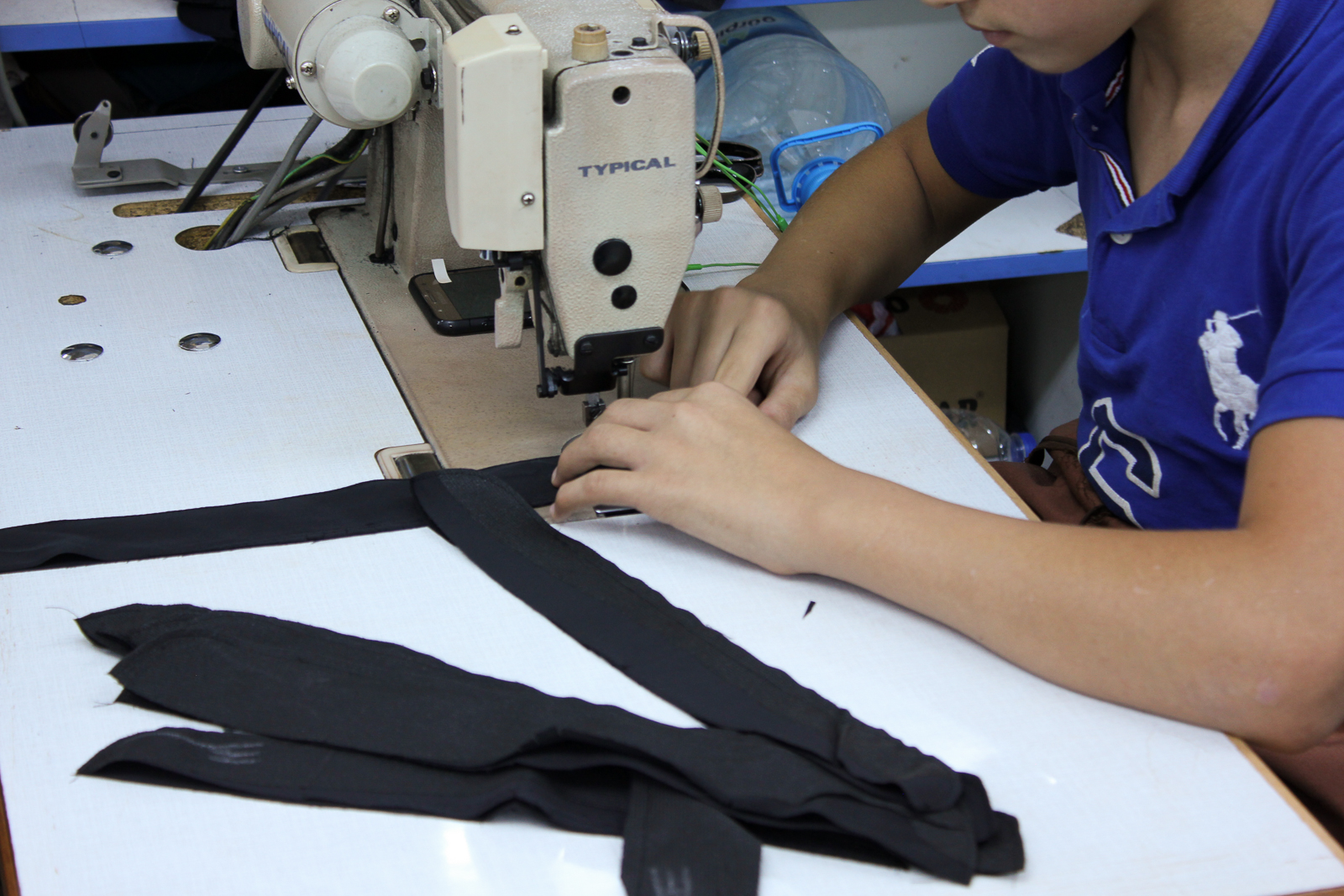
“Our scholarship package targets children in the Gambia who are in child labour or street begging”
Barriers to education, Child labour, Right to education, Street Connected Children
On World Day Against Child Labour, one of our Global Youth Ambassadors writes about a project to help children in a Banjul community move from child labour to education.
The issue of child labour is one of the major factors that is hindering the progress of many children’s education in my country, the Gambia. It sometimes even leads to school dropouts.
I write this story to share with the world about how I am fighting child labour in my community.
It is an undisputed truth that there is a high rate of child labour in the Gambia and there are scores of reasons to back that. It is evident that lots of children engage in selling at almost every corner of the greater Banjul area and in the other cities.
Children engage in selling stuff like water, groundnut, banana, apple and many other foodstuffs. Some even go to the extent of engaging in the business of street begging, which is now becoming lucrative in the Gambia.
I advocate ending child labour in my community through a youth-led organisation called Salimatou Foundation for Education (SaFE), that promotes and advocates for accessible and affordable education for all.
On May 30 and 31, a group of volunteers from Salimatou Foundation for Education and I embarked on a street walk in the greater Banjul area, where we researched the level of children who are engaged in child labour.
To our dismay, we found a stream of them and enquired why they were selling or begging instead of being at school.
Some of them answered that they were not in school while others said they are in school but had to sell for their parents in the morning and later join the afternoon shift at school.
I believe this is a burden to the children. This alone is causing lots of impediments in the progress of students’ performance at school because they will find little or no time at all to study their books or do their assignments at home.
Due to these findings, we met as an organisation. We later launched an initiative called “Every Child at School”.
This project is a scholarship package that targets children in the Gambia who are mainly engaged in child labor, street begging and orphans who are out of school.
We reached out to philanthropists and organisations in person or letters to seek donations and use those generated funds to send these children to school.
Currently, we have about 50 children on our list that we need to send to school through this project. But we are able to send about 15 of them to school due to insufficient funds.
Yet still we are working almost every day just to make sure that we send the rest of them to school and give more children the chance to realise their full potential and their fundamental human right to education.

The children we identify are of diverse background. Some were school dropouts while others are older than 10 but have never been to school.
So to ease the learning process for them, we organised study classes where we engage our sponsored children and teach them concepts they have missed in school.
This helps to upgrade them to be at par with their colleagues, since some of them did not start from the first grade of the primary level.
I believe that every child has the right to education and I am working very hard in making sure that every child in the Gambia gets the chance to acquire education and a quality one for that matter.
The Gambia, Africa and the world need to know that children are the pillars of our future. If we fail to give them education today, then there is no future for us.
We have to work to eradicate the burden of child labour. We have to make sure that we advocate for our children and young ones to be in school, to be given their right to education and to build and equip the pillars of our future.
I remain resolute in my quest to see every child at school.
More news

Teacher helps Harrison move from life on the street to success at school
